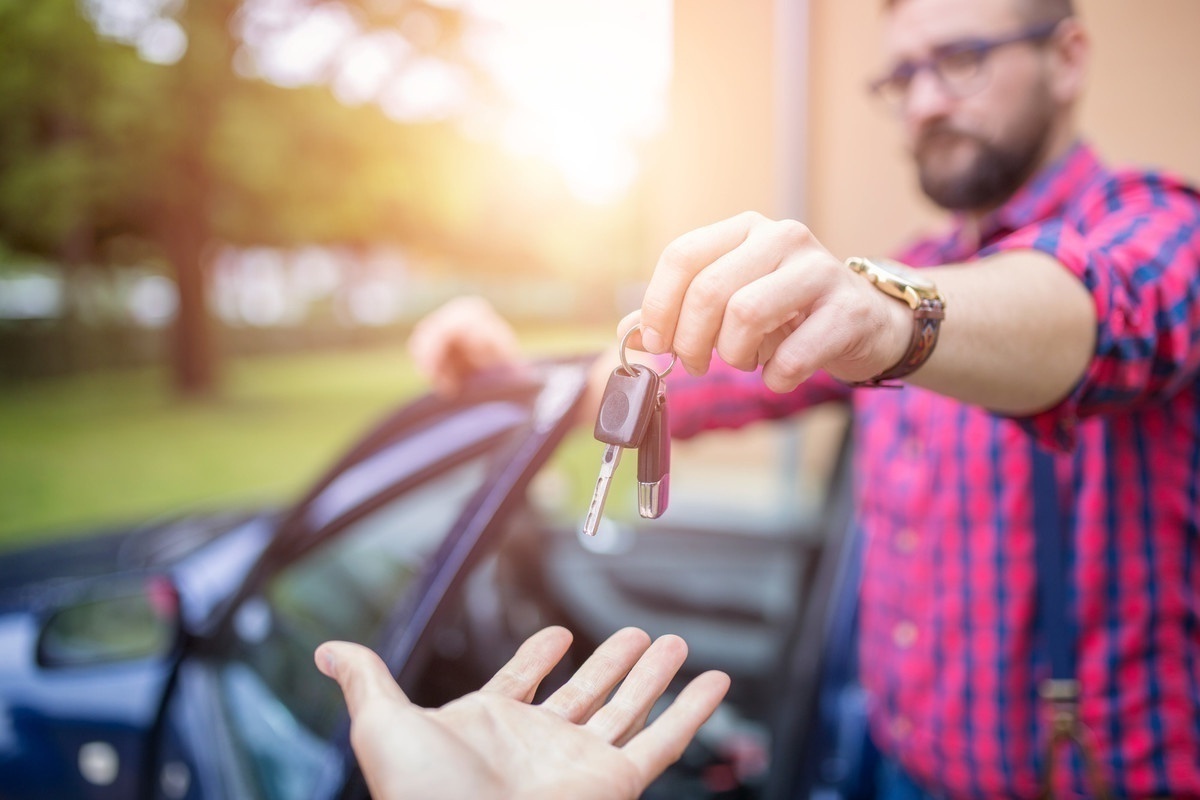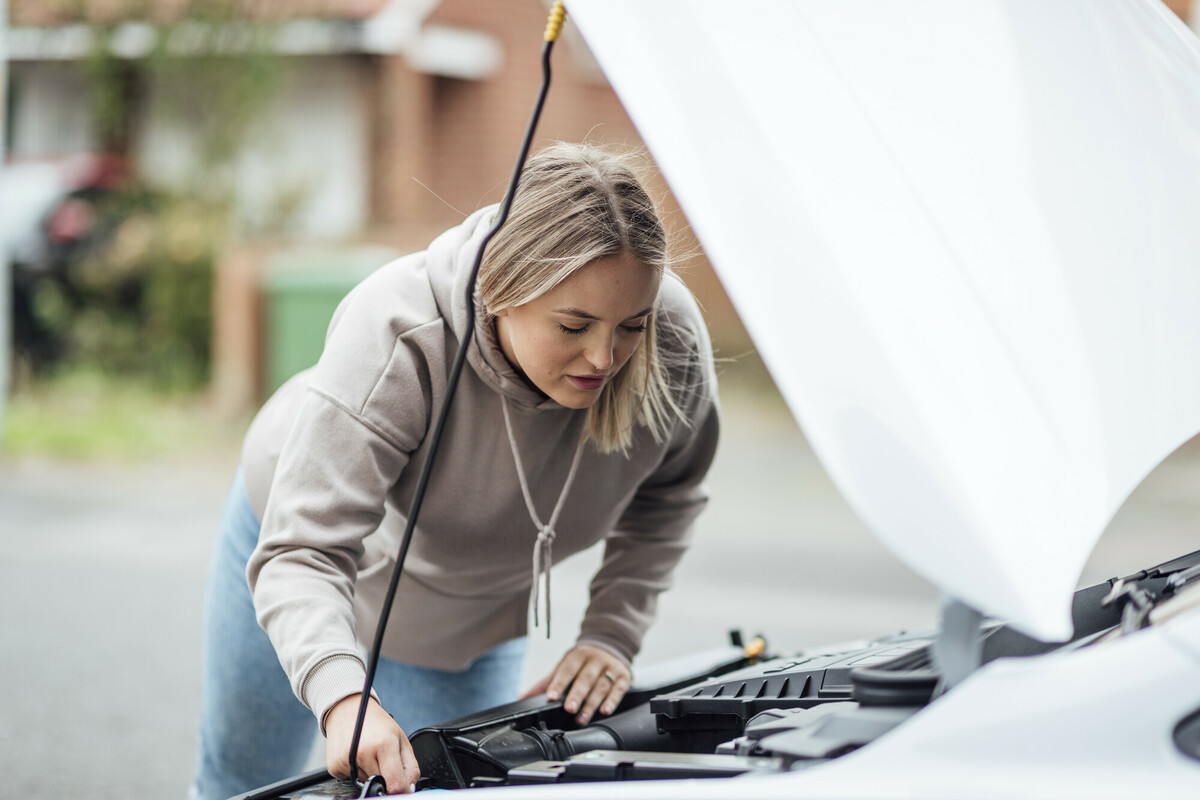Buying your first car is a momentous event — something that promises freedom, independence and adventure. With your own car, you can drive where you want and when, you don’t have to rely on others for lifts and your own car is a place where you can enjoy the thrill of the open road. It also comes with downsides though.
In Ireland, running a car is awfully expensive. While used cars themselves aren’t notably pricey, running them is. Between tax, insurance, fuel and maintenance, running a car isn’t for the faint of heart or light of wallet, but, for some, depending on the place you live and how well it’s served by public transport, owning and running a car is a necessity.
As such, when it comes to buying your first car, it pays to choose wisely. By making the right choices when it comes to your first motor, you can save quite a bit of money, not just when it comes to picking a car, but in running it over a period of months or years.
Cool is uncool
While a fast, sporty car may seem incredibly desirable at first, when it comes to running costs, it most certainly won’t be. Insurance companies come down hard on cars with bigger engines or modifications; they’re more expensive to tax; they’re more likely to have been regularly thrashed, meaning they may not be as reliable in the long run; and they’re also going to be more expensive to maintain and fix than something a bit... uncool.
Cool isn’t really a word people associate with the likes of the Toyota Yaris, Volkswagen Polo or Hyundai i10, but that’s why they make ideal first cars. Engines tend to be small, they’re easy to drive, economical to run, cheaper to tax and insure and inexpensive to maintain. What’s more, they also tend to be favoured by older drivers, which means that if you’re buying second-hand, you’re more likely to find one with lower mileage that’s been quite well maintained, promising you fewer problems in the long run. No, they mightn’t set the pulse racing, but when it comes to your first car, head should rule heart.
Buy second-hand

If you buy a brand-new car, you still have to tax it, maintain it and insure it and that’s on top of finance payments and rapid depreciation. Buying a good second-hand car allows buyers to opt out of the depreciation spiral and, depending on the up-front price, also potentially out of finance payments. Choosing a well-looked-after car that’s three or four years old means you get nearly all the benefits of a brand-new car (safety, comfort, all the mod-cons), but at a much more attractive price than something that’s factory-fresh. Going back in years, you can reduce those buying costs further still, but, in order to ensure that the car you’re buying is less likely to let you down, you need to be a bit choosier and give any car you’re looking at a thorough inspection. A good service history is desirable, too.
Older and cheaper doesn’t always mean better value
There’s quite a lot to be said for buying a cheap, older car. Low up-front purchase prices are attractive, older cars are often less complex and simpler to maintain than a newer car and parts tend to be cheaper too. That said, they may not be as ideal as they look for a first-time car buyer. Insurance companies place an age-related premium loading on cars more than ten years old that could mean an inflation of an already large premium. Newer cars (post-2008) are generally cheaper to tax too thanks to a tax rate based on emissions rather than engine size. They’re often more comfortable, more reliable and are more likely to perform better in a crash than an older car. When it comes to choosing older versus newer, do the maths yourself and figure out if the cost advantages of choosing an older car might not be offset by the additional benefits of a newer model instead.
Maintenance is on you

Do you need to know how to rebuild an engine and gearbox? No, but regardless of how mechanically-minded you are, you do still need to know a little bit about how to maintain your own car. You need to know how to check tyre pressure and tread depth, for instance. It’s important to know how to check your oil and fluids and top them up if necessary. It’s vital too to be observant and keep an eye and an ear out for warning lights or strange noises coming from the car. You should keep an eye on maintenance schedules and take your car in for its periodic or annual service when required. Yes, sometimes a car can just break down at the side of the road or fail to start, but in a lot of cases, this can be avoided by a little bit of diligence. Remember, a breakdown is one of the best-case scenarios when it comes to a poorly maintained car. Neglecting the condition of your tyres, fluids or brakes can earn you penalty points if your car isn’t in roadworthy condition or worse, result in a potentially deadly crash.